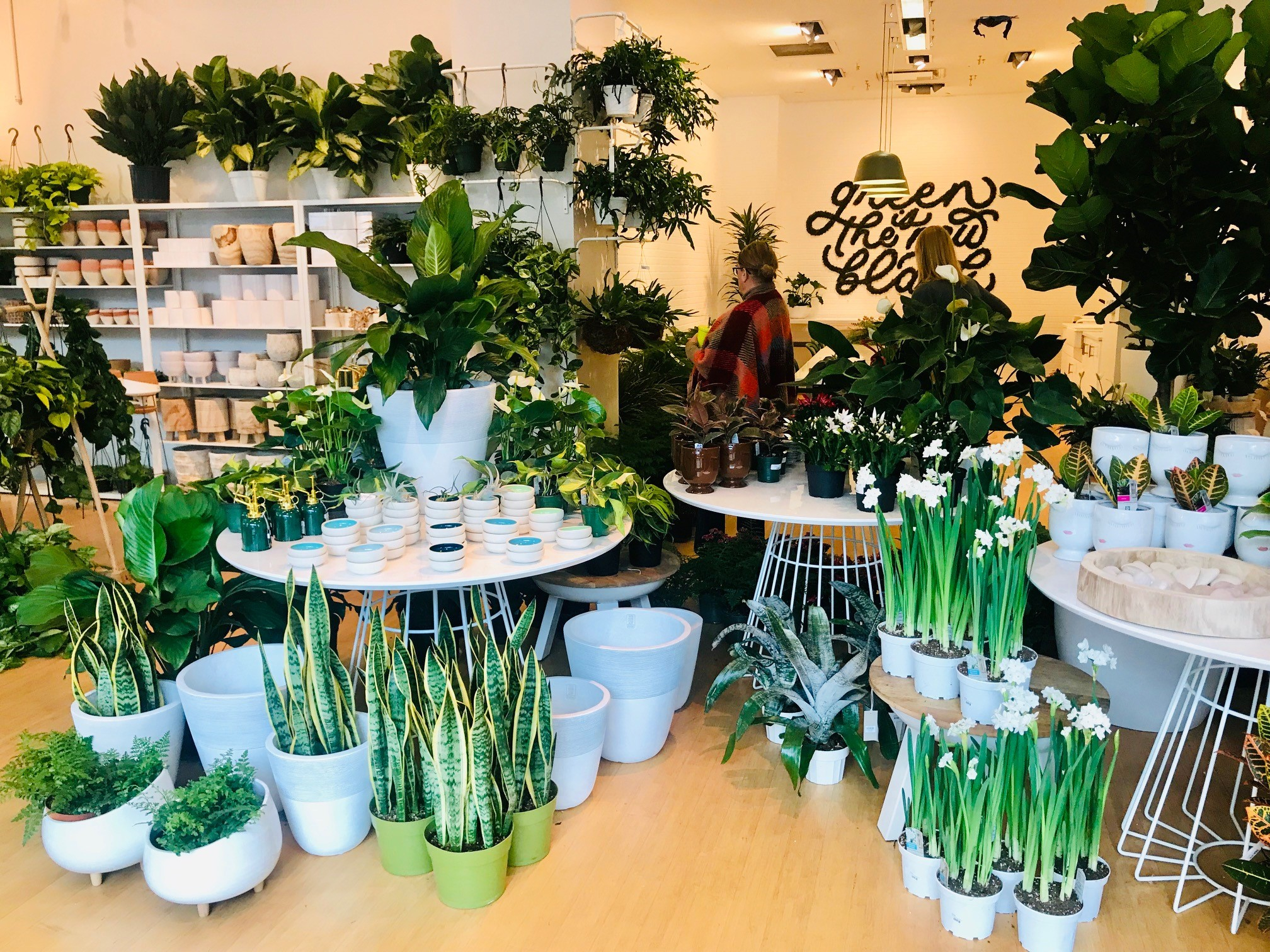Pre-pandemic, retail landlords were leaning on pop-ups and temporary tenants to fill vacant space, bring fresh and fun experiences to centers and drive traffic and income. All of that is more important than ever as centers work to entice shoppers out of their homes and to backfill empty storefronts.
The common theme across the pop-up sector these days is creativity – in the concepts, the locations, the safety protocols and even the lease structures. “As we come into this new year, brands definitely continue to be creative — even more creative than before,” said Crystal Rouhani, vice president of retail and business development for Turnberry Media, which manages properties on behalf of parent company Turnberry.
Pop-ups are rolling out fresh ideas and experiences that are a little different these days — controlled environments or experiences that cater to smaller groups — to suit COVID-19 days. For example, Turnberry’s Miami-area Aventura Mall is hosting a Selfie WRLD location, a ticketed venue with 20 Instagrammable experience rooms. The mall also hosted a two-day event in January for Dr. Dennis Gross, Skincare, a line sold at Sephora and others. In the company’s mobile truck, aka The Peel Mobile, customers receive one-on-one consultations and samples to try at home.
Developer Republic Urban Properties is tapping into the creativity of area artists to promote Republic Square at Livermore in San Francisco. Its Art Walk and Expo opened in December and was extended to run through mid-February, displaying works from 50 artists in store windows. “Like a lot of centers, Republic Square has suffered, and we have a lot of empty storefronts,” said Republic Urban Properties president Michael Van Every.
Though the shell buildings at the 65,000-square-foot shopping center were completed last June, only a third of the space has leased. Putting those storefronts to use to help local artists suits the company’s Republic Cares community-based initiative. “A lot of these artists rely on street fairs and farmers markets to make their living, and the events of 2020 really diminished those opportunities,” said Van Every. The exhibit also has sparked conversations about incorporating murals, sculptures and other public art into the property. “We could have a better project as a result and an opportunity to work with some of these artists in the future,” he said.
Creativity also has been key to getting temporary leasing deals across the finish line. “We still have an awful lot of people that want to be in temporary spaces. It’s just that the deal mechanics are more complicated today than they used to be,” said Federal vice president of specialty leasing Mike Kelleher, who also is president of RevUp, a platform that focuses on ancillary revenue for real estate assets. In the past, a tenant that wanted 3,000 square feet simply would say, “What’s the cost?” Now, more focus goes to lease terms that can adapt to what-if scenarios like restrictions or shutdowns, he says.
RELATED: Pop-up deal making on the trending Clubhouse platform
Demand drivers
Landlords are zeroing in on trends to find pop-ups that fill space and best resonate with consumers. “A new year brings a shift in mindset from gift giving to self, and with the pandemic, we’re seeing consumers shop more for themselves,” said CenterCal Properties leasing agent Mallorie Goody. Digital brands and retailers are using this shift to grow their business, she adds. The Five Sisters Flower Truck, for example, rolled into CenterCal’s Bridgeport Village in Tigard, Oregon, in January and will stay through the summer. People stop and buy fresh flowers or arrangements not just as gifts but also to treat themselves, notes Goody, and the pop-up has been so popular that CenterCal plans to bring flower trucks to other properties in its portfolio.

Five Sisters Flower Truck pop-up at Tigard, Oregon’s Bridgeport Village
Some online brands that have thrived during COVID-19 now are looking at brick-and-mortar to engage with customers, notes Goody. Straightaway, a Portland-based company that sells pre-mixed cocktails and spritzers like an Oregon Old Fashioned and its version of a cosmopolitan called The Cosmos, popped up at Bridgeport Village during the holidays and since has extended its stay.
Businesses, brands and local makers also are looking at pop-ups as a way to directly engage with existing and new customers. “You can’t smell and touch things online, so the physical presence of a pop-up gives brands more credibility,” said JLL senior vice president/director and head of specialty leasing Catherine Loy. People are looking for reasons to get out of their homes, and brands are recognizing that if they promote an event or experience on social media, people turn out, she adds.
Additionally, a pop-up allows a business to try out a location before making a bigger commitment. For example, blow dry bar and hair salon Pink Soda operates three locations in Connecticut, and the owner is testing a fourth location, with a one-year commitment, at Linden Square in Wellesley, Massachusetts. At any point, the owner may talk to the permanent leasing team about a longer-term lease, but it’s an example of tenants moving more cautiously in the current environment, notes Kelleher.
Retailers also are using pop-ups as locations for consumers to pick up or return online orders, which reduces crowding in the stores themselves. A retailer also might set up a pop-up in the common area of its shopping center to promote popular items that customers can purchase without going into the store. “They are using that common area space as an extension to their existing space,” said Loy. JLL also says restaurants and chefs are asking about food court pop-up or temporary space to test business models or menus. In some cases, restaurants are using those results to convince investors to invest in their business, she adds.
Although a pop-up could run for as little as a day, many landlords hope for more than a quick hit. Landscaping and garden center Dennis’ 7 Dees, for example, popped up two years ago in 3,000 square feet inline at Bridgeport Village. In addition to selling plants and gifts, the retailer offers educational events on skills like container gardening and starting plants from seed. “This concept … is both a gift and design shop that inspires and educates people,” said Goody. The center’s management team hopes to move the pop-up to its permanent leasing roster.
“When you’re a landlord, you’re looking for future longevity with a tenant,” said Goody. “You want to incubate them to give them a platform to thrive and better establish themselves in the community and as a brand so you can convert them from a pop-up to a permanent tenant.”

Dennis’ 7 Dees temporary space at Tigard, Oregon’s Bridgeport Village, also pictured at top
By Beth Mattson-Teig
Contributor, Commerce + Communities Today